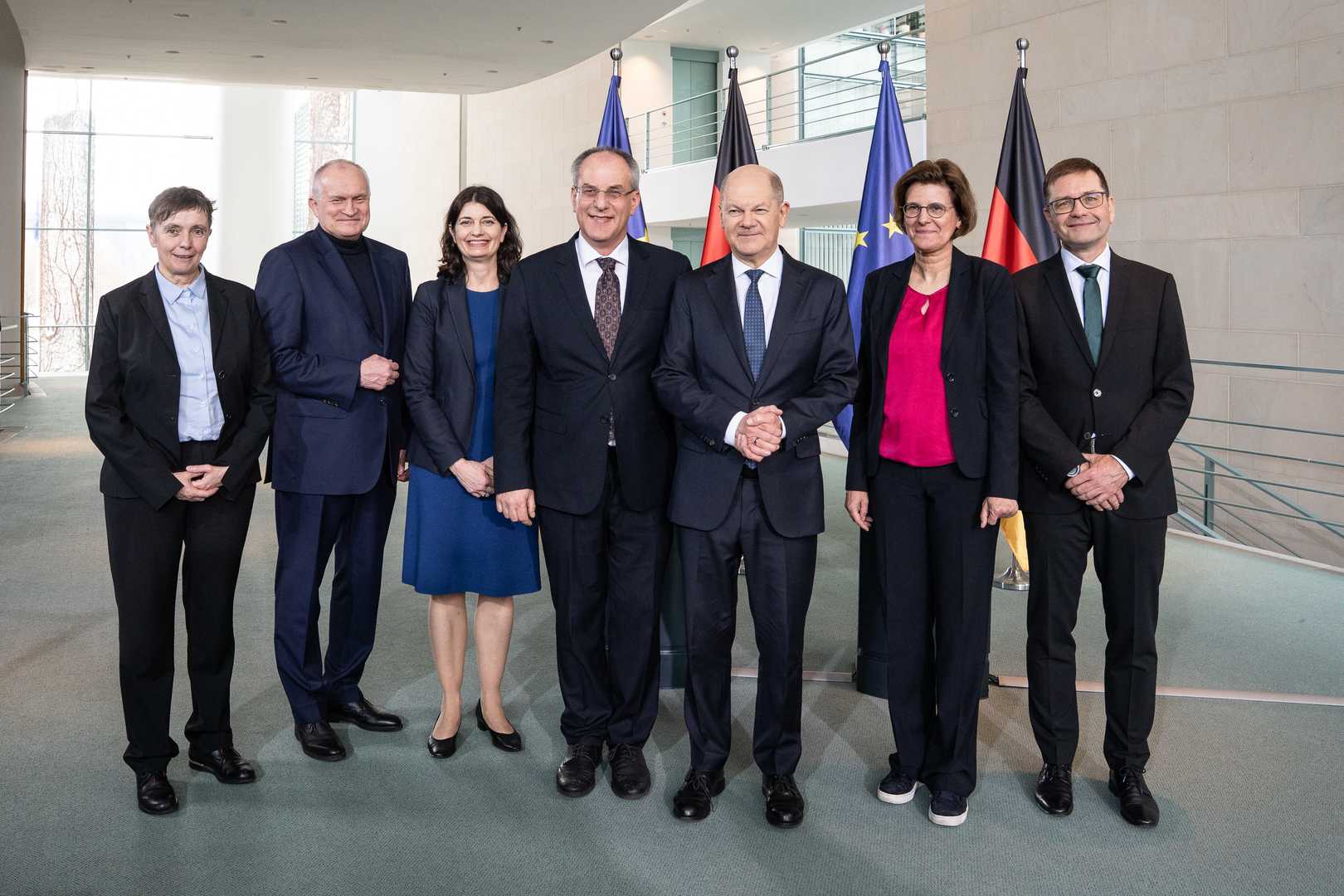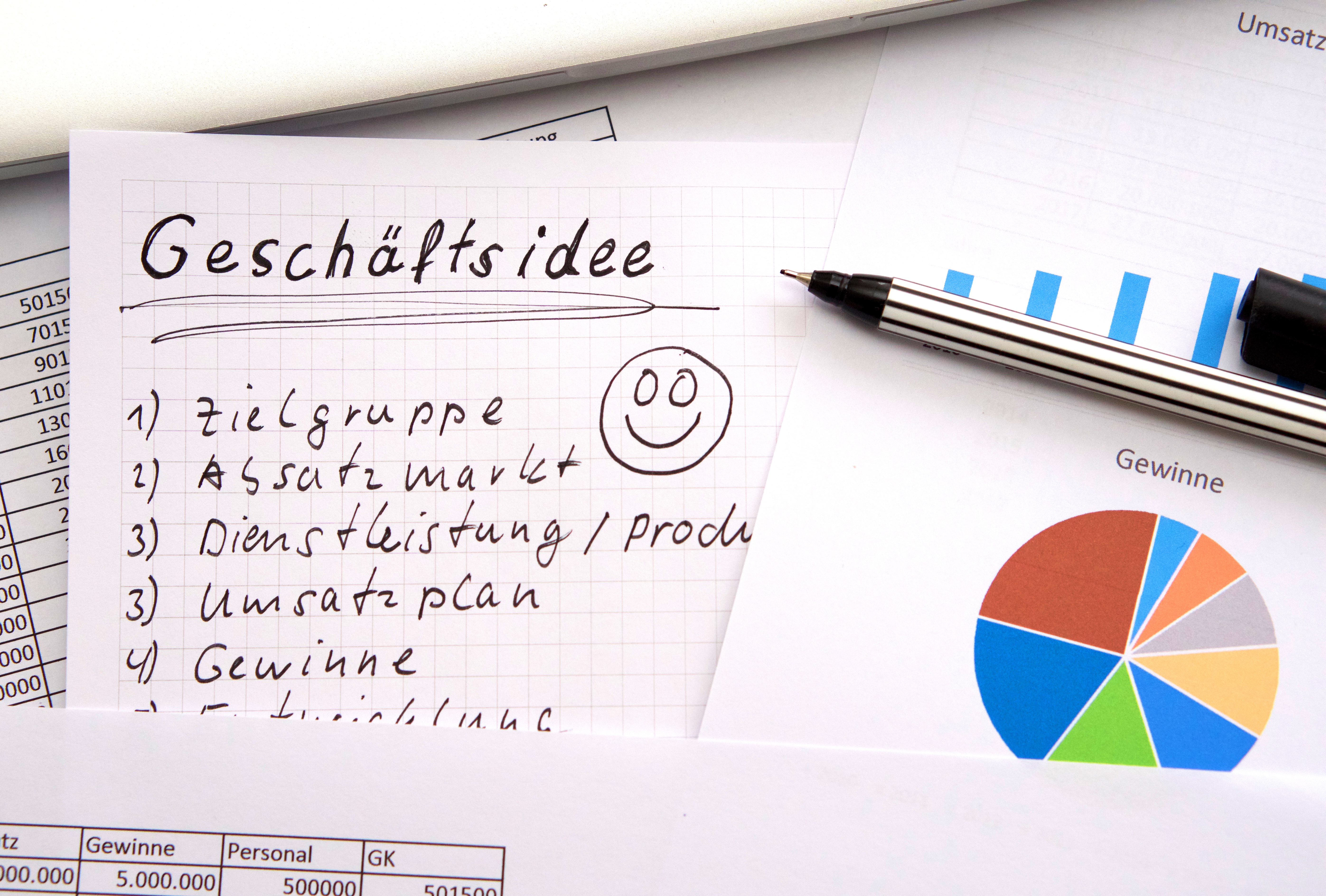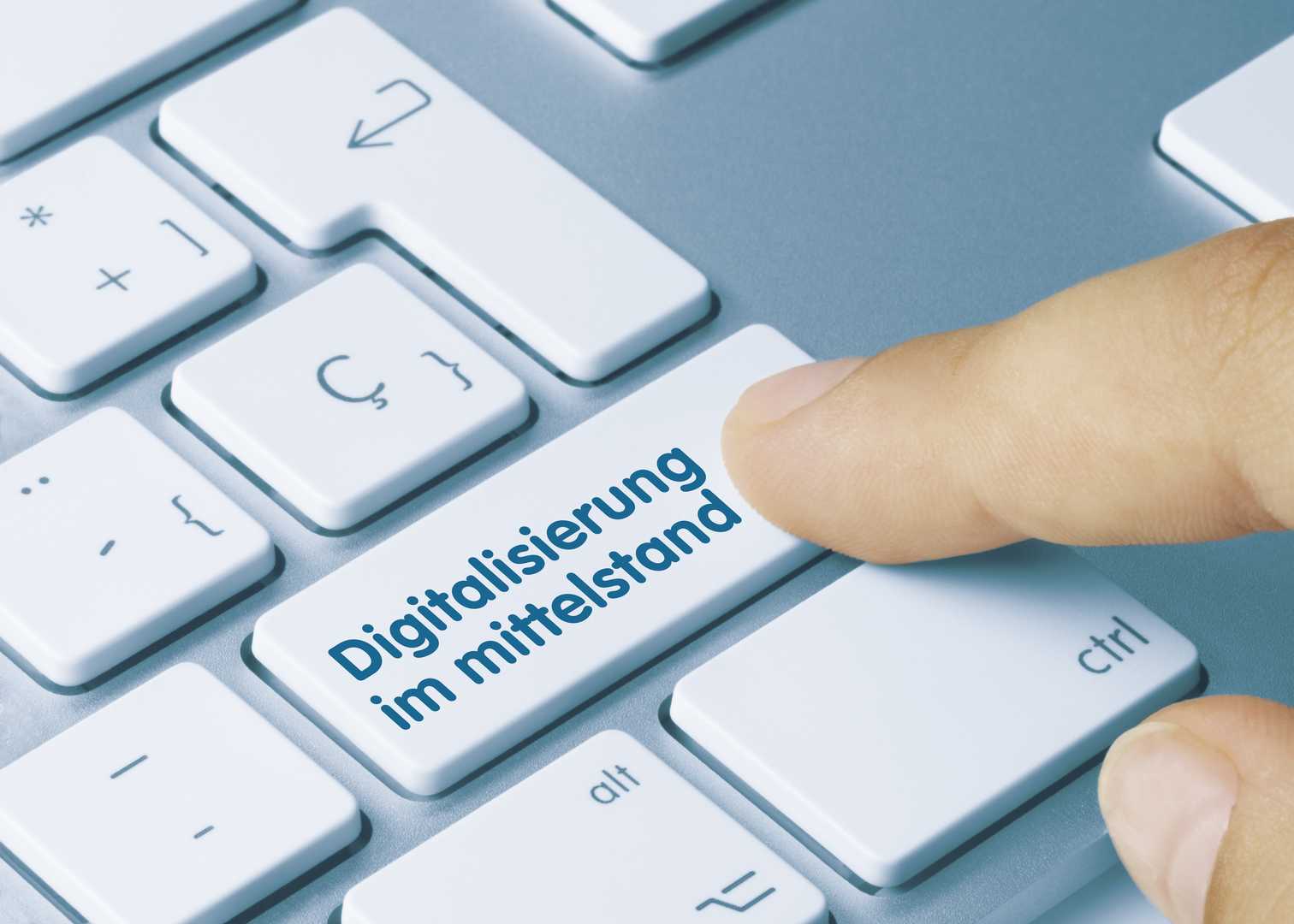
Participation in external eventsHow bureaucracy can be reduced
External publicationsSME Barometer: Growing gap between Germany and other EU countries

Press releaseInnovationen in der Wasserwirtschaft

IfM PublicationsEstimating potential vulnerability of climate risks

Guests at the IfMEntrepreneurship and Creativity








